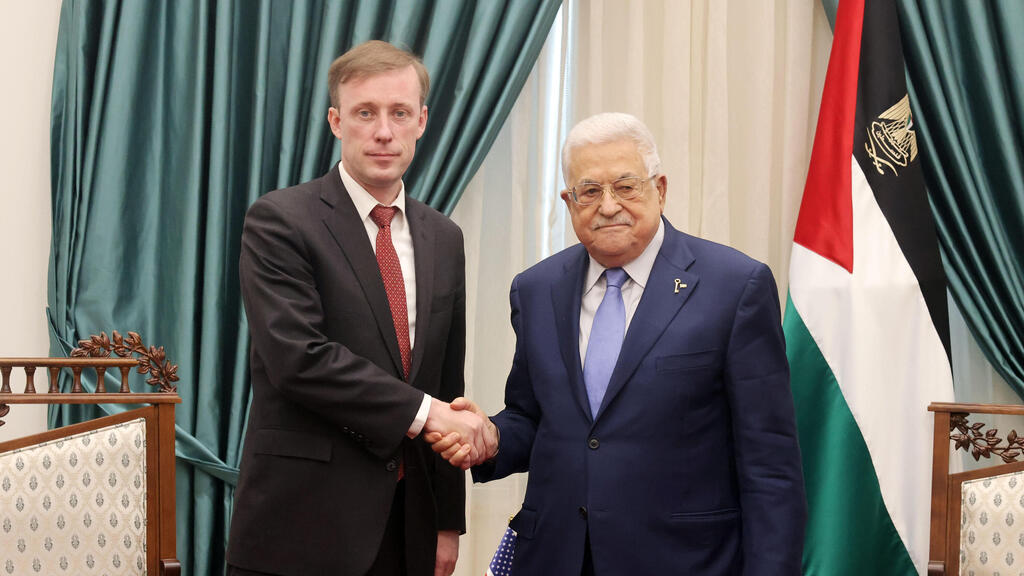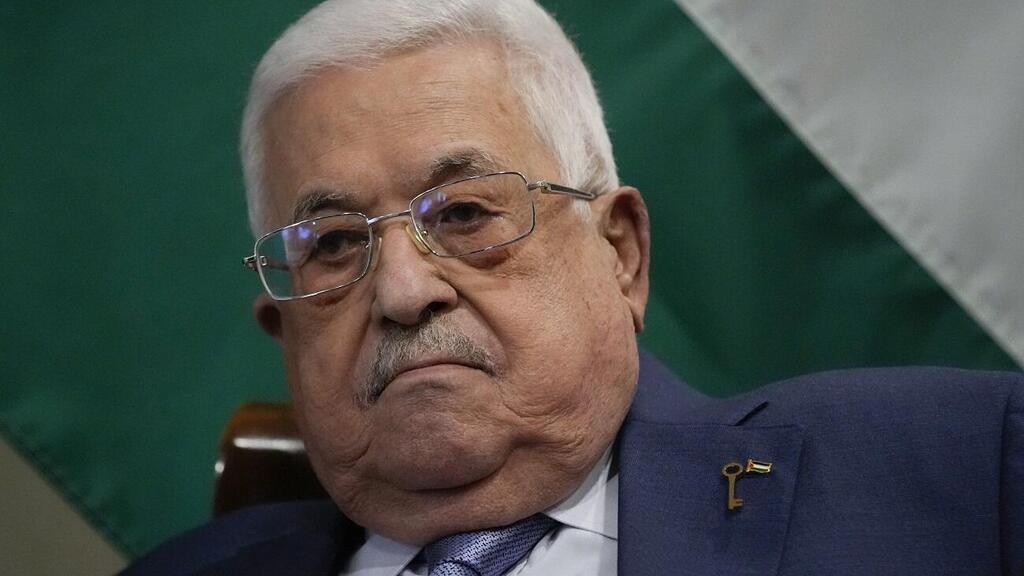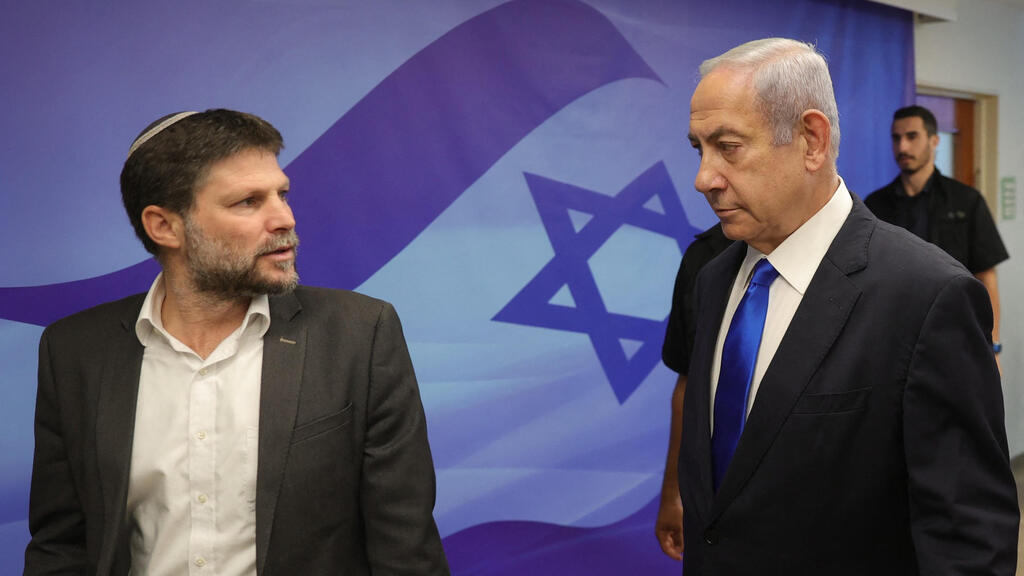The U.S. has been working to bolster the Palestinian Authority in advance of its potential role in post-war Gaza, The Washington Post reported on Tuesday. American officials have been attempting to identify Palestinians who would be able to take up leadership roles while preparing to train the PA's security forces for deployment in the embattled Strip after indications that despite public statements to the contrary, Israel may agree to it in some form.
More stories:
The U.S. wants “new government and some fresh blood joining [Palestinian Authority] government ranks alongside and under Abbas,” a White House official told the Post. But Palestinian officials said any such efforts must be linked to progress toward an eventual Palestinian state and doubted whether such a "political horizon" was possible under the current right-wing government in Israel.
3 View gallery


US National Security Advisor Jake Sullivan and Palestinian President Mahmoud Abbas
(Photo: EPA)
The U.S. has been trying to release PA tax funds held by Israel, marked for salaries, and avoid its complete collapse, thus far with little success after far-right Finance Minister Bezalel Smotrich said he would not allow one cent to be transferred into Gaza even for PA employees.
“The Americans talk about the day after,” said Palestinian Authority Deputy Prime Minister Nabil Abu Rudeineh. “But even if we agreed, how can we implement it? The policy of Israel is to weaken the authority, not strengthen it,” he told the Post adding that the PA was even unable to pay its troops and staff.
Another challenge facing American efforts is what a revamped PA would look like while its popularity tanks and while support for Hamas on the West Bank surges further reducing the chance that PA President Mahmoud Abbas would allow for elections to take place or that the international community would urge him to. “We can’t just appoint any leader,” Abu Rudeineh said. “Nobody can say to you who will be the new prime minister."
“It’s always this colonizing mentality, whereby, ‘We decide your leadership, we are the ones basically designing your strategy for the day after, we tell you how to live, we tell you how to breathe, and we tell you how to run your land,’" Sabri Saidam, an adviser to Abbas and member of the central committee for Fatah said.
The question of who would succeed the 88-year-old Abbas has been of interest since long before the war in Gaza and there has been concern that his death would spark a violent contest to succeed him but some of his opponents now see opportunity.
The Post quoted Nasser al-Qudwa, the nephew of Yasser Arafat and a potential successor to Abbas. “We need to find a solution that involves his stepping aside,” he told the paper. “I think the international players understand that these guys cannot do the job — simple.”
However, some in the West think that talk of replacing Abbas is not timely and any changes in leadership must come within a framework of a political solution that would lead to a two-state solution to the Israeli-Palestinian conflict.
“It’s fragile in the West Bank, and we are playing with fire,” a Western Diplomat said. “By putting pressure on Abbas, who is extremely weak, tired and old, we run the risk of everything collapsing.”
Many Palestinians regard the PA as a security subcontractor of Israel in the West Bank and the younger Palestinian population especially would not accept a foreign-installed leader.




